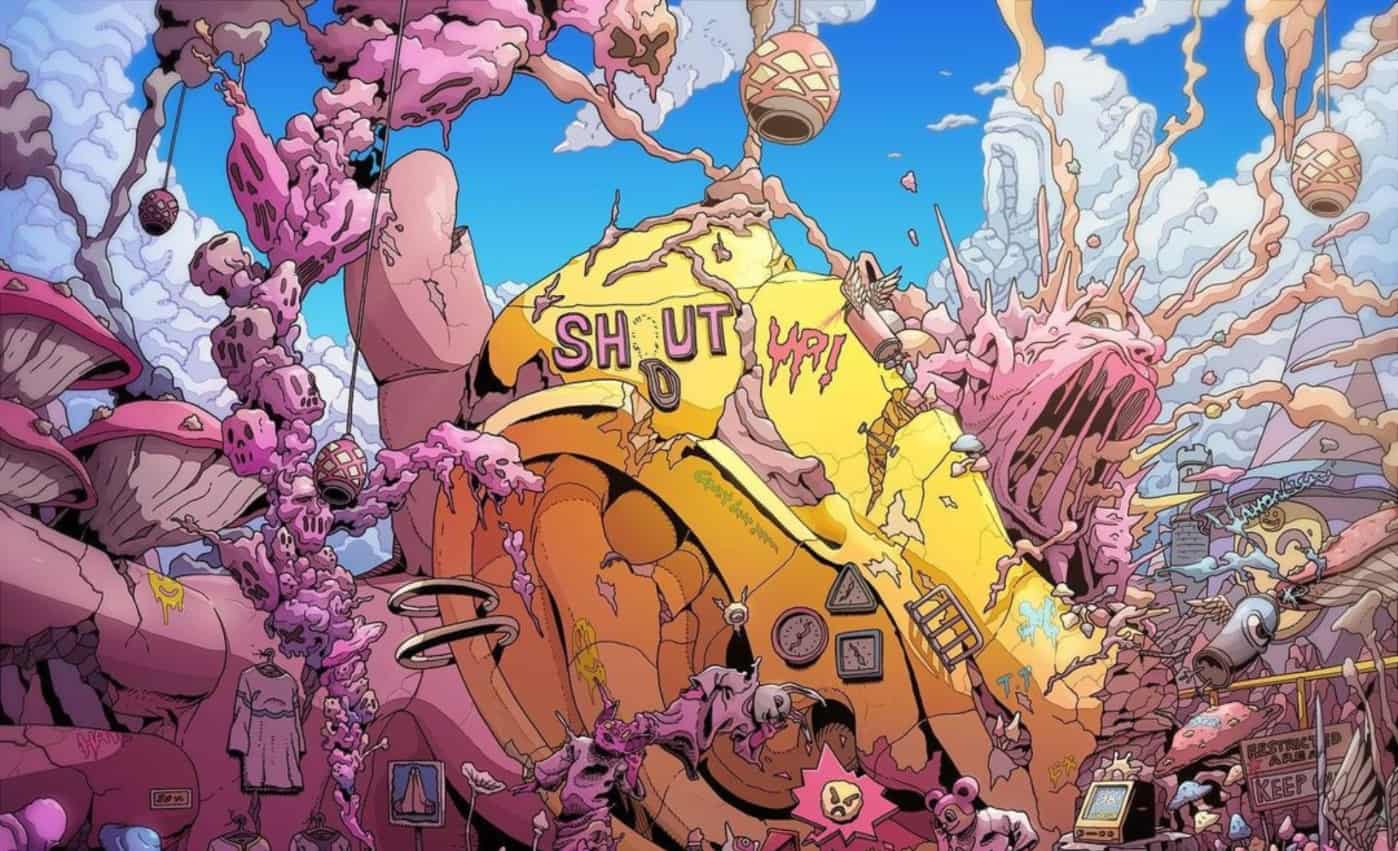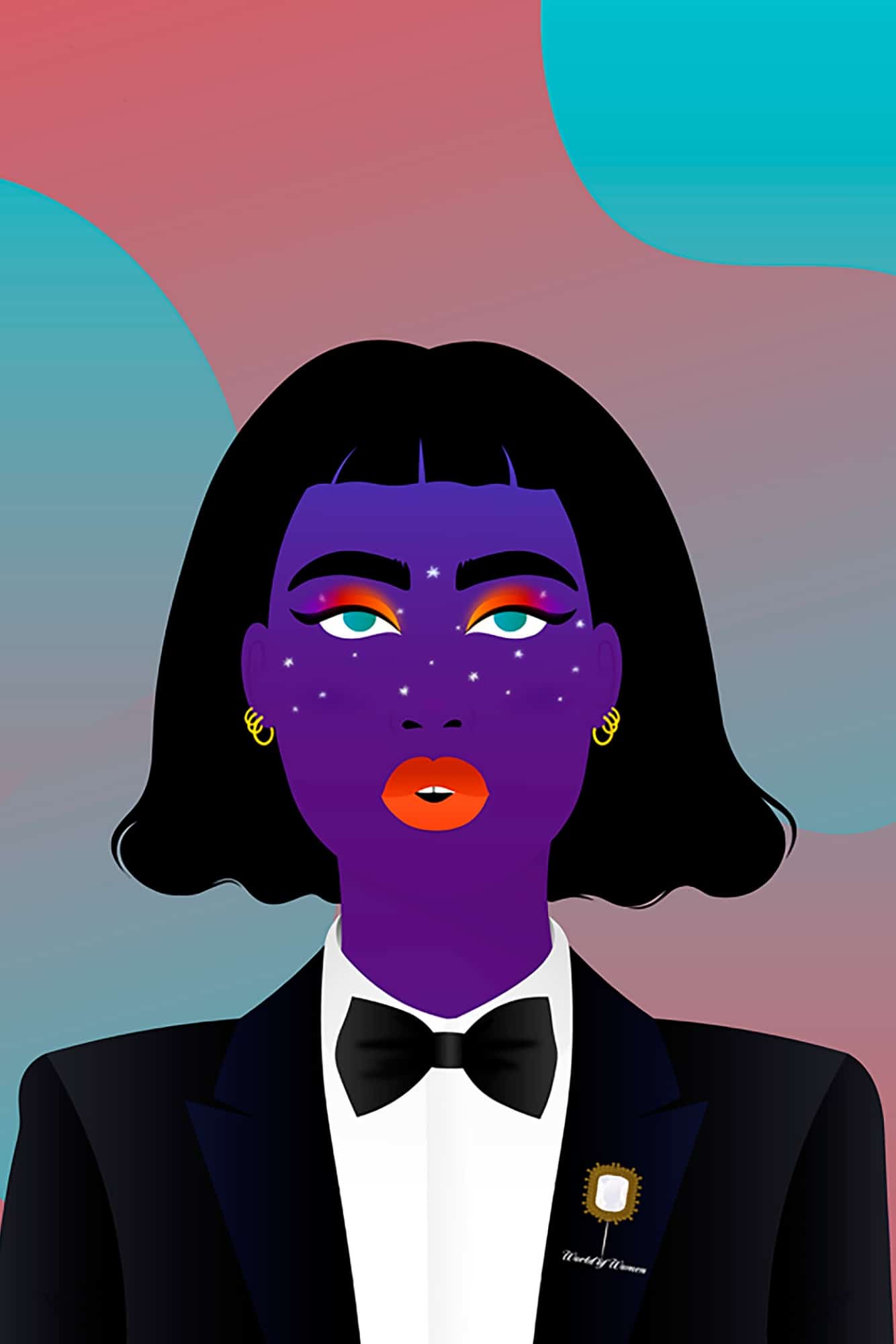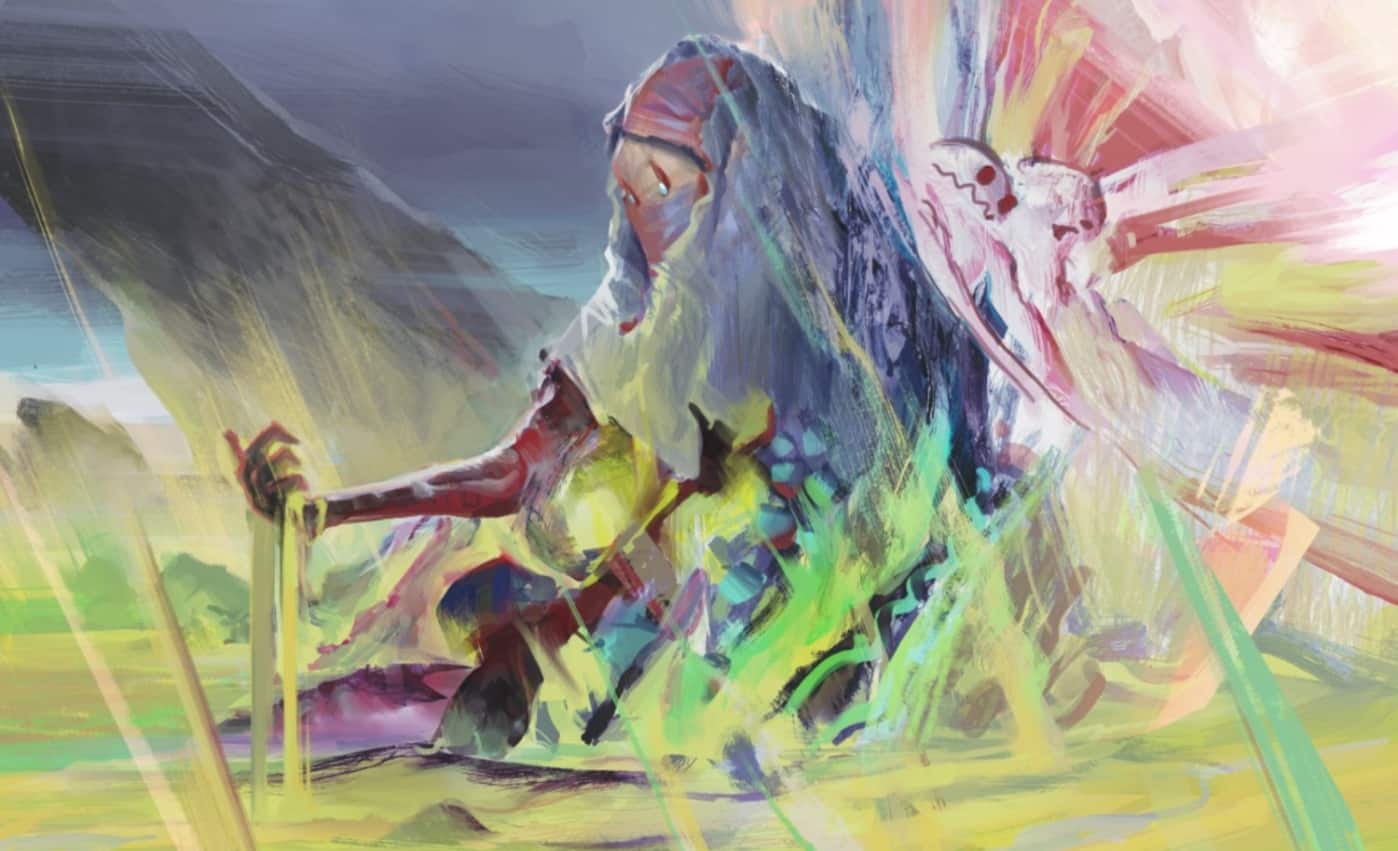In late 2023, one company plans to launch the next generation of social media. Imagine an app totally powered by non-fungible tokens (NFTS), that lets users monetise the time they spend online, and multiples the value of a creator’s content – that’s Million, and it promises to transform the internet’s influencer economy.
On the surface, it works a lot like any other platform. Users aged 13+ will be invited to share content – all kinds of content. Vlogs, outfit inspo, makeup tutorials, the works. Their followers will then engage with the content. The difference? The Million app tokenises the relationship between creators and their communities, meaning both parties can benefit from their engagement.
Julien Hawari, Million CEO, says: “It’ll be a complete ecosystem that can not only monetise a creator’s offerings, but deliver them in a seamless way directly to their fans.” The way it works for users is that engaging more with their favourite creators gives them access to exclusive collectible content. They’ll have to pay to subscribe to said creators, but creators can also produce free content – or users can also choose to buy pay-per-view content. However, “these fans may miss the opportunity to get their hands on the exclusive and tradable content you get as a subscriber”.
The main appeal for creators is total ownership over their content. Every piece of content is verified on the blockchain to ensure authenticity and uniqueness. That translates to huge financial benefits. “Other creator platforms generally take too much money away from the creators,” Mr Hawari says. “Few of them offer direct ownership, through which all stakeholders benefit financially from their efforts. The revenue model is completely different at Million than the other social platforms. Its potential is higher and they are the ones getting most of the money. Any kind of unique content has a value to the eyes of a fan, and Million ensures long-term revenue from published content.”
You may also like
Creators won’t be the only ones to benefit. Hawari sees huge potential for brands on Million – after all, they themselves are “massive content creators”. He predicts that the app’s model will offer brands the internet’s best loyalty platform ecosystem. “Old-school marketing mechanisms need rethinking,” he explains. “They must be contextualised with new ways to interact with brands and products. Vouchers are one of them. Million will use purchased brand content to provide on-chain programmed utilities as digitalised vouchers, offering a new CRM tool for the brands that are willing to embrace web3.”
If that sounds too technical, the benefit for brands on Million at its core is this: brands have always relied on creating and maintaining a close relationship with their target demographic, but Million can offer a new way of knowing your customers better. “This is on the basis of what their customers own, and not on what they have purchased or on any interests they have shown for a product,” says Hawari. Sounds promising.
Right now, Million is based in Dubai – which seems kind of inevitable. The city has openly and repeatedly professed its intention to become the biggest NFT economy in the world, and the UAE’s NFT market in general is expected to be worth US$4.7 billion (£3.9 billion) within the next five years. There’s a Michelin-starred restaurant reserving its most exclusive experiences for holders of certain tokens, a corner of the real estate market retailing real-world properties through NFTs of their digitised twins, and the world’s first NFT series for supercar ownership. This is a city eager to integrate non-fungible tokens into everyday life – which is a vision Million will inevitably help to fulfil.
Million is set to launch in the final quarter of 2023, with beta testing kicking off in quarter three. As with any app, there’s no saying how quickly users will embrace Million. But with the Emirates rapidly attempting to gel everyday life with all things web3, crypto, and a digitised version of reality as we know it, it may just be the future of content creation in the UAE. Watch this (tokenised) space.
By Chloe James, CORQ Middle East correspondent.










